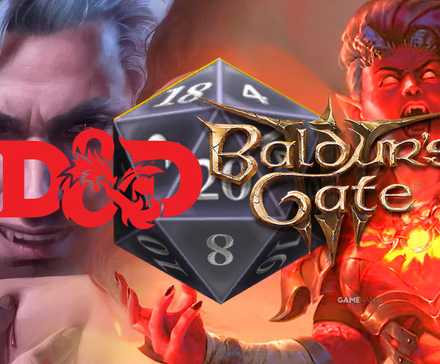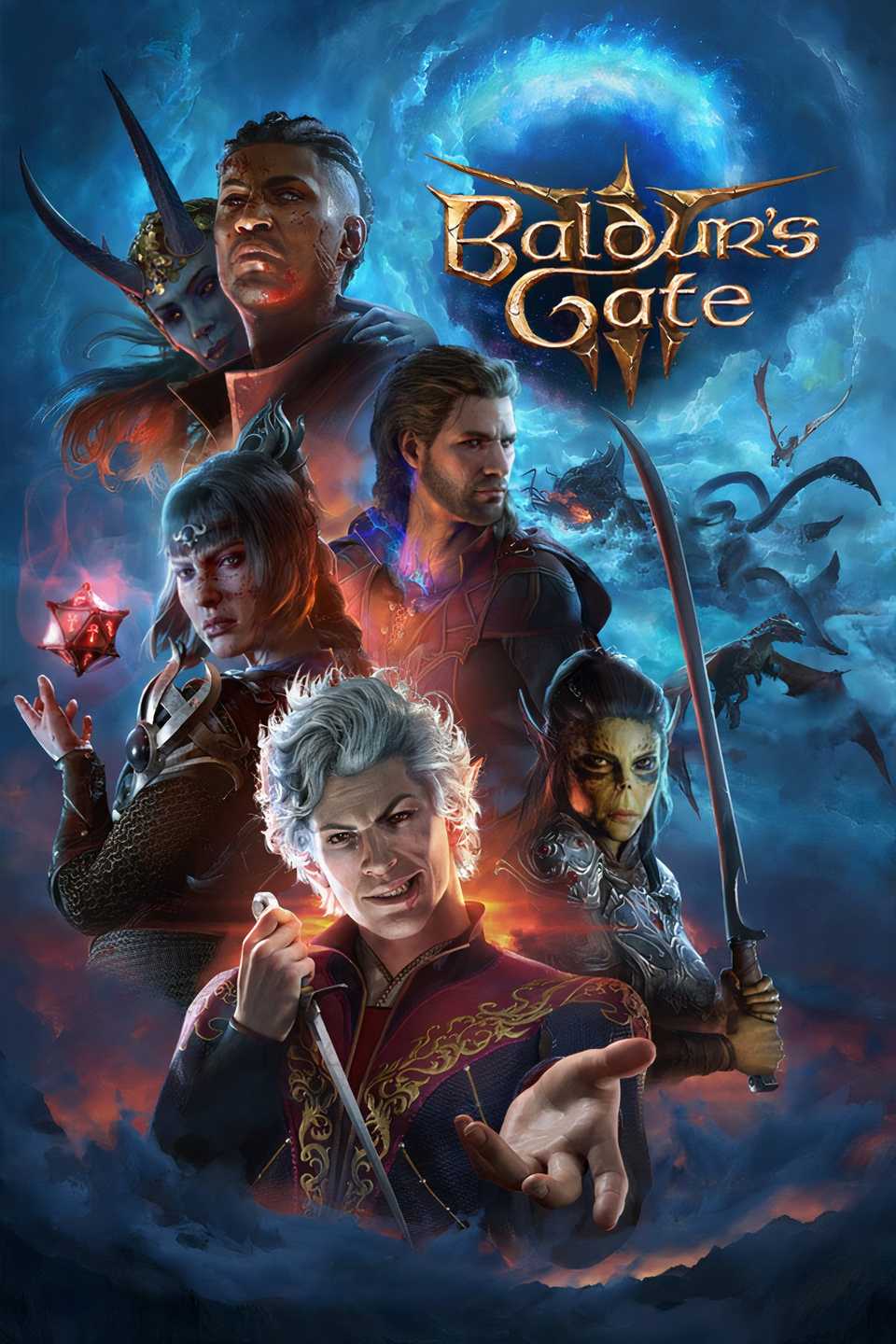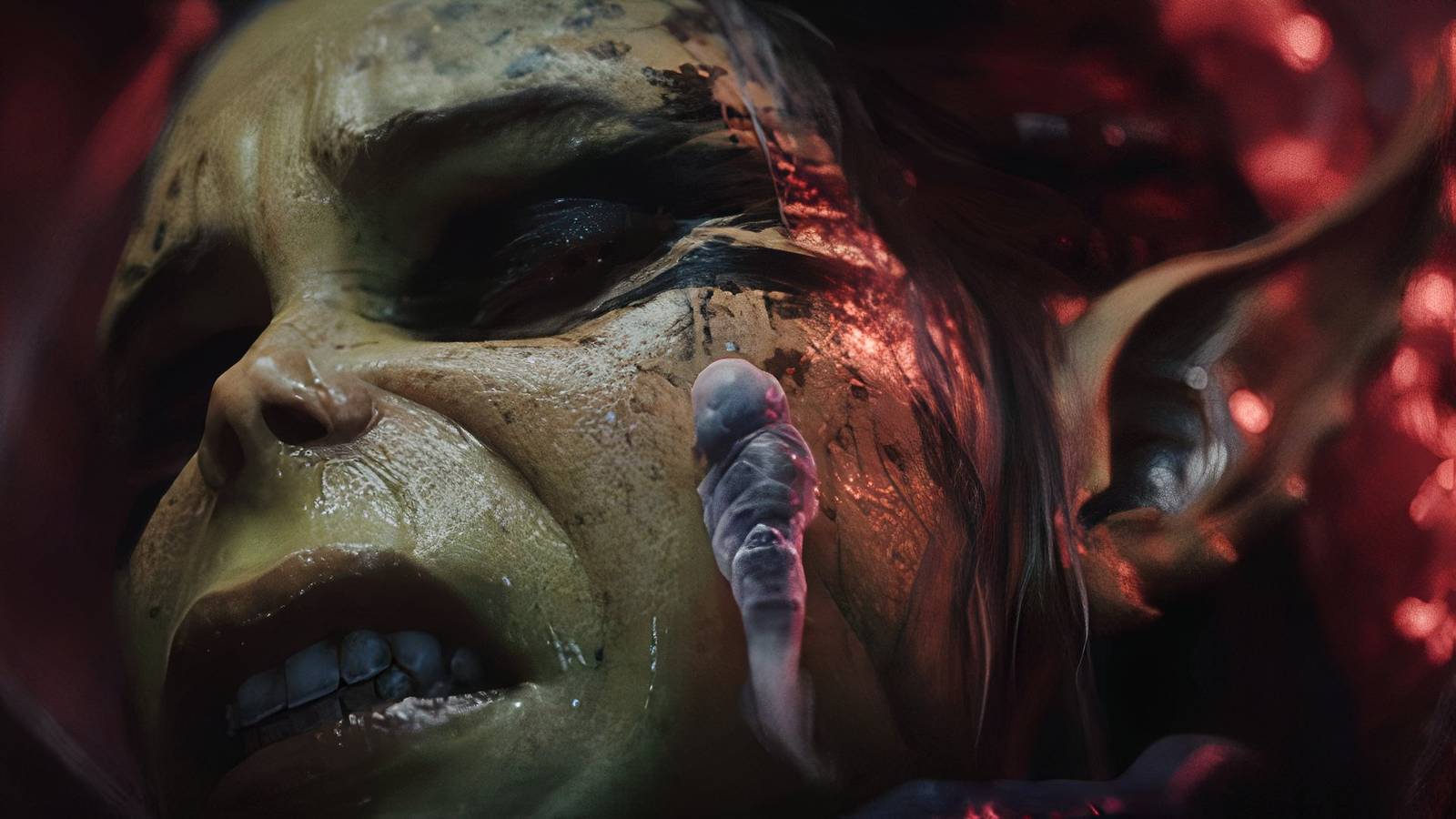Baldur's Gate 3 begins with the ultimate violation of agency: a parasite in the player's skull that rewrites the party's fate day by day. From that point on, Larian's masterpiece becomes a study in control, with manifestations of hunger, corruption, temptation, and redemption provided to the player. Every choice the player makes reflects the idea that someone can become a hero with something alive inside their mind. Alternatively, the same circumstances can consume another would-be hero and turn them into a monster.
Distillate of Illithid Powers Baldur's Gate 3's themes into tangible, mechanical form. They are strong, sometimes absurdly so, but they have an undeniable narrative weight. Each new tendril of power seemed to lean just a little closer to the edge. BG3 ensures that the player is always aware of this. Every ability is a temptation, every upgrade a flirtation with the monster they can turn into. Mechanically, Illithid powers enhance combat. They narratively test your character's soul. It's the perfect intersection of theme and gameplay, and it's exactly the kind of system every narrative RPG should strive for.

Baldur's Gate 3 players on the run “No Illithid Powers” cannot recruit this character
While the No Illithid Powers run adds a fun twist to Baldur's Gate 3, players will be missing out on one of the game's best characters.
Baldur's Gate 3 Illithid Power Tier List
S-Tier
- Weed out the weak: The best passive damage booster in the entire Illithid Power tree; clears crowds like nothing else.
- Power Tunnel: An unrivaled repositioning tool that instantly gets the player out of harm's way.
- Luck of the Far Realms: Guaranteed crit in every fight is too good not to use.
- Psionic Dominance: If “no you don't” was real D&D magic. Psionic Dominance completely disables enemy spellcasting.
- Fly: Driving around BG3's action economy alone makes it broken; moving without using actions or bonus actions is incredible.
- Free transfer: Getting another spell or action for free is a game changer every time.
A-Tier
- Auspicious beginnings: A consistent timely boost during battles that strengthens each player.
- stage fright: Devastating enemy debuff potential and surprisingly reliable.
- Magic: Useful in tense scenarios and early encounters.
- Psionic Will: A nifty reaction to add chip pressure and disruption.
- Illithid Expertise: Strong help for Baldur's Gate 3's roleplay in dialogue-intensive moments.
- Black hole: Great handling with a very satisfying pull.
- Mind Blast: Solid cone damage with good crowd control potential.
B-Tier
- Illithid Persuasion: Excellent in Baldur's Gate 3Act 1 but dramatically weaker later as characters who could reasonably be persuaded to dwindle.
- Concentrated Blast: Perfect in deployment, but conditions for spell concentration are too inconsistent.
- Move: Strong when he lands, but launches too rarely.
- Repulsor: Good in theory, but Force Tunnel provides more flexibility.
- Shield of Thralls: Nice, but overshadowed by stronger defensive options.
- Dangerous bets: A powerful risk-reward tool depending on party composition.
- Sanctuary of the Mind: Excellent on paper; unreliable in practice without tight side formation.
C-Tier
- Psionic Overload: Too weak to merit consistent use.
- Health Transfusion: The HP cost outweighs the benefit.
- Ability Deduction: Weakness, especially by BG3's Act 3, which is when it will first become available.
- Broken psyche: Armor reduction when it becomes unlockable in Act 3 has no effect.
- Absorb Intellect: Great for targeting mages, but too situational.
- Extruder Beast Shape: Baldur's Gate 3's Druids can do it better, and that doesn't justify the opportunity cost.

What Baldur's Gate 3 fans should know before playing Dungeons and Dragons for the first time
Baldur's Gate 3 fans have a head start in D&D, but the transition isn't seamless, with differences in rules, roleplay, and mindset.
Baldur's Gate 3 Illithid Abilities: Power, Corruption, and Everything in Between
Illithid abilities are more than just combat tools; they are a constant moral barometer. BG3 it excels at creating pressure points that force players to reckon with party confidence, player character identity, and the stakes of their decisions. The powers themselves act as a living embodiment of the game's central conflict: the tension between survival and corruption.
Choosing to use these abilities raises questions that no spellbook or skill tree usually asks. It forces the player to question how much potentially corrupting power is “acceptable” as long as it keeps their friends alive. It forces players involved in Good and Law to question whether opposing corruption is always noble or just another form of fear. When companions react—approving, disapproving, disgusted—it reinforces that this system is not just mechanical. It's interpersonal. It's psychological. Even the characters who support the choice to consume tadpoles bring their own emotional biases to the table, adding nuance to each decision.
By rooting progress in temptation, BG3 it ensures that even the strongest abilities are deserved or reprehensible. This emotional weight is something that many RPGs attempt but rarely achieve. Here it is inseparable from the DNA of the story. Whether one follows the path fully, dabbles, or rejects it outright, the choice becomes part of the character one plays. And the brilliance is that no one answer is universally correct; each option reframes the narrative in a meaningful way. It's like the truest moral conundrum of excellence D&D campaign.
What other RPGs could learn from Illithid Powers
Illithid Powers are successful because they do more than just boost stats or unlock some of the most powerful spells Baldur's Gate 3: they reinforce the themes. Other RPGs can borrow this model without copying the fancy body-horror trappings. Design philosophy is important:
- Connect the energy system to the story: If an RPG revolves around corruption, fate, ancestry, trauma, ancient magic, cybernetics, or literally anything that has the power to transform the protagonist, the player's skill tree should thematically reflect that.
- Make power tempting, not free: The reason Illithid abilities hit so hard is because they have narrative implications. The judgment, risks, and shifts in identity that threaten ceremorphosis must be weighed against the benefits. Other RPGs may reflect this as faction consequences, personal costs, or morale effects.
- Allow companion ads to respond dynamically: RPGs with memorable companions should not be neutral observers of the transformation caused by skill tree progression. Their reactions add emotional layers that make the choice real.
- Design capabilities that are transformative: Illithid Powers aren't just spells or power-ups. Changes passage, dialogue, combat, and strategy. Future RPGs can focus on systems that meaningfully change all aspects of the game, rather than just bloat the numbers.
- Give the player room to reject the power: This is the place BG3 it really stands out. Saying “no” is just as meaningful as accepting it. The best RPGs benefit from giving players the ability to resist, delay, or shape their transformation instead of forcing a binary endpoint.
When used thoughtfully, a system like this turns an RPG into something much richer: a character study shaped not only by choices, but also by the power structures that seduce or pressure the player. BG3 they proved that progression can be storytelling, and storytelling can shape progression back.

Baldur's Gate 3
- Released
-
August 3, 2023
- ESRB
-
M for Mature: Blood and gore, partial nudity, sexual content, strong language, violence





